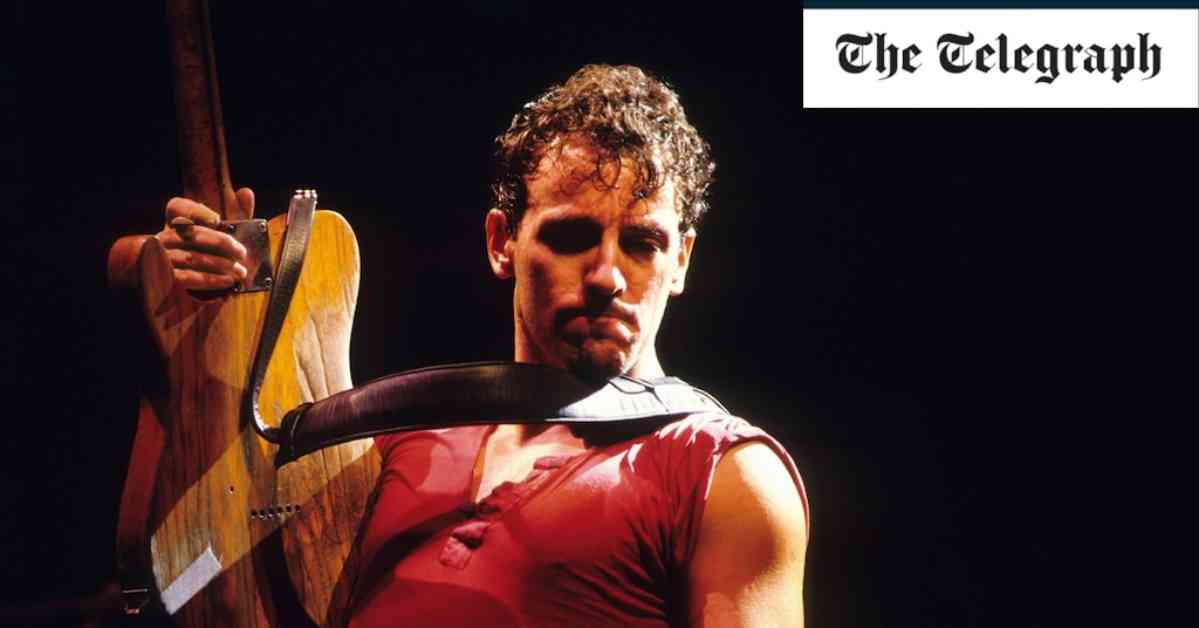In the late hours of October 2, 1985, Bruce Springsteen wrapped up his iconic Born in the USA tour with a final show in Los Angeles. The tour, which lasted 15 months, included 156 concerts in 14 countries and attracted a total of 5.3 million fans. This tour marked a significant moment in music history, grossing $80 million and solidifying Springsteen’s status as a rock legend.
Springsteen, often referred to as “The Boss,” was not your typical pop star. He stood out in the materialistic 1980s with his raw rock sound and socially conscious lyrics. Born in the USA, the album that fueled the tour, showcased a mix of hope and despair, with hits like “Dancing In The Dark” and “I’m On Fire.” The re-release of the album in a special red-vinyl edition celebrates its enduring impact on music.
The title track of Born in the USA, despite its upbeat sound, carried a deeper message about the struggles of Vietnam veterans and the working class. The song was often misinterpreted as a patriotic anthem, highlighting the complexity of Springsteen’s music. Despite the misunderstandings, the album became one of the best-selling records of all time, dominating the charts for weeks and producing seven top 10 singles.
Springsteen’s ability to connect with his audience, especially the working-class Americans, made him a voice of the people. His concerts were legendary, drawing massive crowds and breaking attendance records. The Born in the USA tour showcased Springsteen’s commitment to his fans and his artistry, setting a new standard for live performances.
As his career progressed, Springsteen continued to evolve, exploring different themes and sounds. He maintained his authenticity and integrity, never losing touch with his roots. The legacy of the Born in the USA tour lives on, reminding us of the power of music to unite and inspire people across generations.
In a world of fleeting fame and changing trends, Bruce Springsteen remains a timeless icon, a true rock star with a heart of gold. His music continues to resonate with audiences around the world, standing the test of time and leaving an indelible mark on music history.













